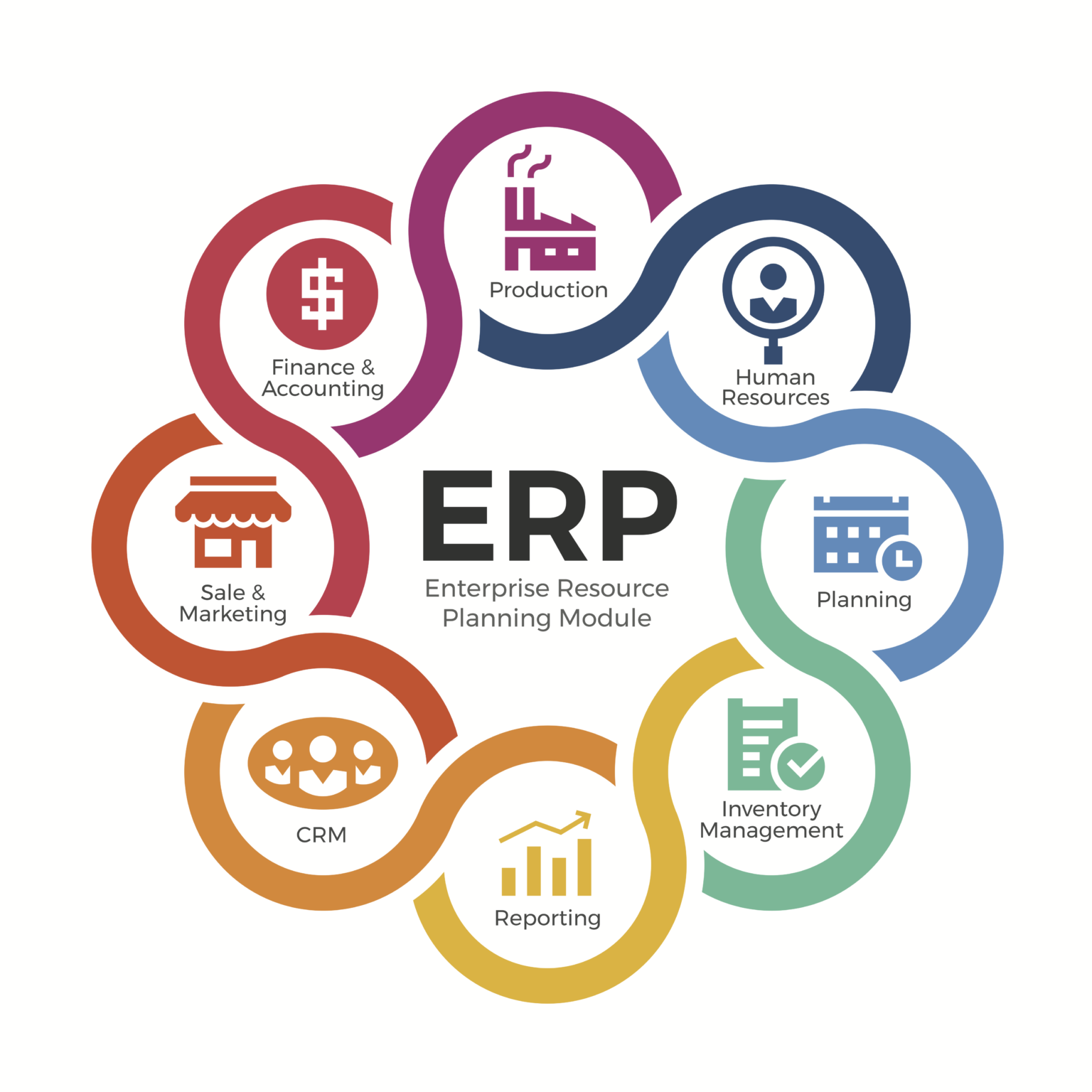Erp solution business maximum choose solutions technology needs benefit service should
In today's competitive business landscape, companies are constantly striving to streamline their operations and increase efficiency. One powerful solution that has gained significant popularity in recent years is Enterprise Resource Planning (ERP). By integrating various business processes into a single unified system, ERP software enables organizations to effectively manage their resources and enhance productivity.
Choose Best ERP Solution - to Get Maximum Benefit from This Service
When it comes to selecting an ERP system for your company, it is crucial to carefully evaluate your options to ensure you get maximum benefit from this service. While there are numerous ERP solutions available in the market, not all may be suitable for your specific business needs. Therefore, here are some key factors to consider when choosing the best ERP solution:

1. Scalability
As your business grows, it is important that your chosen ERP system can scale accordingly. Look for a solution that offers flexibility and can accommodate your future expansion plans. Scalable ERP software ensures that your system can adapt to increased transaction volumes, additional users, and changing business requirements without compromising performance.
2. Integration Capabilities
A truly effective ERP solution should have seamless integration capabilities with your existing business applications and systems. This integration streamlines data flow across various departments, eliminating manual data entry and reducing errors. It allows for real-time access to critical information, enabling better decision-making and improving overall efficiency.
3. Customization Options
Every business is unique, and your ERP system should be able to accommodate your specific requirements. Look for a solution that offers customization options so that it can be tailored to fit your organization's distinct processes and workflows. Customization empowers you to address your specific challenges and achieve the optimal level of efficiency.

4. Cloud-Based or On-Premise
Another important decision to make is whether you prefer a cloud-based ERP solution or an on-premise installation. Cloud-based ERP offers the advantage of accessibility and flexibility, as it can be accessed from anywhere with an internet connection. On the other hand, an on-premise ERP system provides greater control over the infrastructure and may be more suitable for businesses with sensitive data or specific security requirements.
5. Vendor Reputation
Choosing a reliable and reputable ERP vendor is essential to ensure a successful implementation and ongoing support. Consider factors such as the vendor's industry experience, customer reviews, and the level of customer support they provide. Verify the vendor's track record and analyze their expertise in your industry to ensure they understand your unique challenges and can provide the necessary guidance throughout your ERP journey.
By considering these key factors, you can select the best ERP solution for your organization, enabling you to unlock unprecedented efficiency and productivity.
Remember, implementing an ERP system is a significant investment, both in terms of time and financial resources. Therefore, it is crucial to involve all relevant stakeholders, including employees from different departments, in the decision-making process. Their input and insights will help identify specific pain points and ensure the selected ERP system provides the necessary capabilities to address them.
In conclusion, an ERP system can revolutionize your business operations, streamline processes, and improve overall productivity. By choosing the best ERP solution that aligns with your organization's needs, you are setting the foundation for long-term success and growth.